The Evolving Landscape of Prop Betting in College Sports
Understanding the Core Issues of Prop Bets in Collegiate Athletics
The expansion of legalized sports wagering in the U.S. has brought prop bets-wagers on specific in-game events-under intense scrutiny, particularly within college athletics. Stakeholders express serious concerns over prop betting’s potential for match manipulation, exploitation of student-athletes, and its influence on sportsmanship and gambling-related issues on campus.
- **Risk of Game Manipulation:** The ability to wager on isolated achievements, like a quarterback’s passing yards or a basketball player’s free throw attempts, increases opportunities for match-fixing. Because these bets focus on individual actions rather than the game’s final score, even subtle player behavior can affect outcomes, heightening the risk of unethical conduct.
- **Vulnerability of Student-Athletes:** Many college athletes are unpaid or undercompensated, making them more susceptible to external pressures or temptations. The possibility of financial gain by intentionally impacting in-game statistics raises red flags about athlete exploitation.
- **Potential for Gambling Problems:** College-aged individuals, who comprise the bulk of student sports fans, are particularly vulnerable to gambling addiction. The ease of prop betting can contribute to an uptick in problematic gambling behaviors.
- **Changing Spirit of College Sports:** As wagering options grow more granular, there’s concern that fans may shift focus from competitive tradition and school pride to personal financial interests, ultimately affecting the spirit and culture of collegiate sports.
- **Oversight and Regulation Challenges:** The complexity and volume of prop bets make regulatory oversight more difficult. This can create gaps where nefarious activity, including harassment and manipulation, goes unchecked.
Recent data underscores just how large the college sports betting market is. Americans staked around $15.5 billion on the 2023 NCAA Division I men’s basketball tournament, a figure rivaling wagers placed on the Super Bowl the same year. While most betting action involves traditional markets like point spreads, a significant portion now occurs via prop bets-a trend raising eyebrows among regulators.
Efforts to curtail or outright ban prop bets on college sports have gained traction, with some states enacting prohibitions and NCAA leadership publicly lobbying for further restrictions. This movement is rooted in protecting the integrity of collegiate competition and shielding student-athletes from undue pressure and harassment.
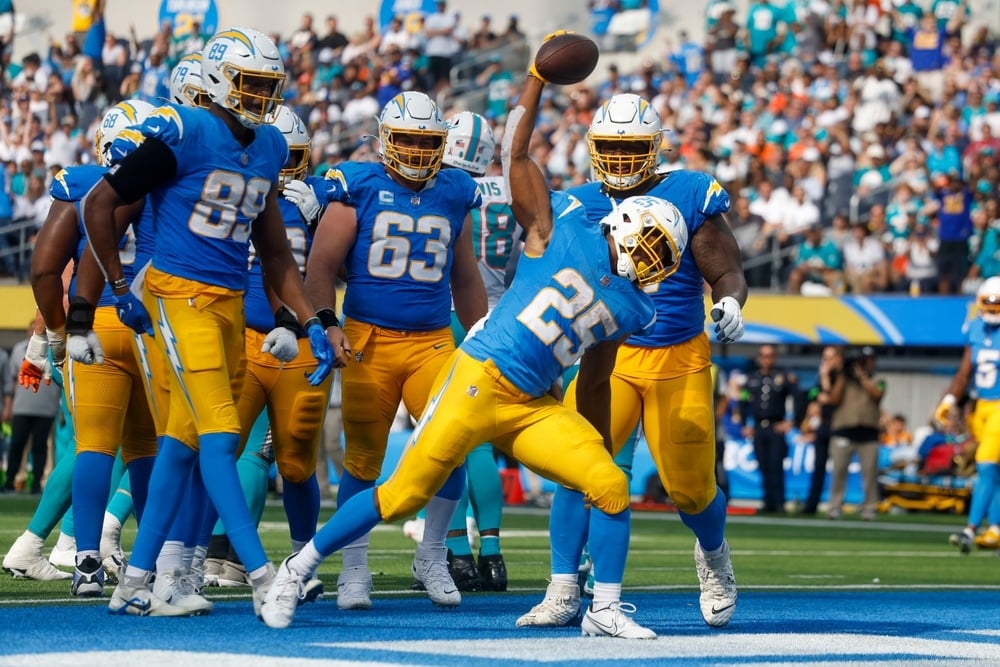
Image Credit: Ringo Chiu/Shutterstock
Exploring Prop Bets: How They Differ from Traditional Betting
Prop bets, short for "proposition bets," allow wagers on occurrences within a game that don’t directly impact who wins or loses. These could range from predicting an individual player’s performance to outcomes like the first team to score or even coin tosses at major events.
For clarity, prop bets are typically divided into three main categories:
- **Game Props:** These wagers focus on collective events within a match, such as the total number of touchdowns in a football game, the pace of play in basketball, or whether a contest will need overtime.
- **Team Props:** These bets center on specific team achievements, such as which squad scores first or the total points a team accrues during specific periods.
- **Player Props:** Perhaps the most scrutinized in college sports, player props involve predicting an athlete’s statistical output-like scoring more than a set number of points or surpassing a rebounding benchmark.
An example of a player prop might be predicting whether a basketball player will exceed 20.5 points in a game or a quarterback will throw for more than 250.5 yards.
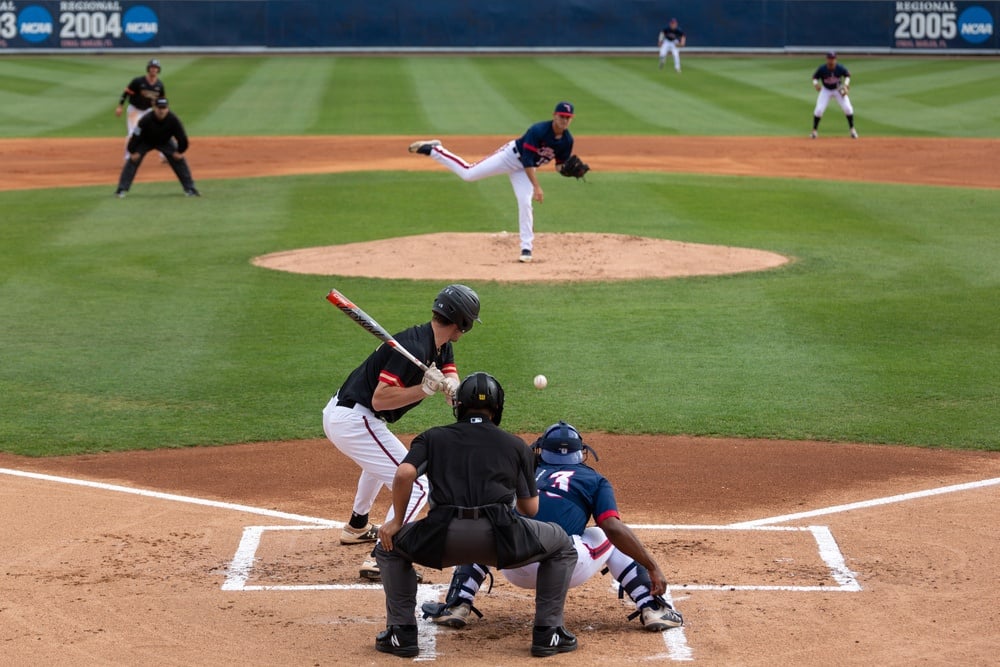
Image Credit: mTaira/Shutterstock
Do Prop Bets Pose a Genuine Threat to College Athletics?
The risks associated with prop betting in college sports are no longer theoretical. Notable professional cases-including the high-profile betting scandal involving NBA player Jontay Porter, who colluded with gamblers to influence prop bet outcomes by leaving games early-demonstrate how player involvement can undermine a league’s credibility.
If athletes in high-paying professional leagues-Porter reportedly earned over $2 million across his NBA tenure-succumb to betting temptations, the threat in college sports, where athletes typically receive far less compensation, is even greater. The vulnerability among student-athletes, therefore, is a central reason for ongoing concern.
College sports have witnessed their share of scandals, from infamous point-shaving instances at Boston College and CCNY to more recent infractions involving coaches leaking sensitive information. Coaches and officials are not immune either, as shown by the dismissal of Alabama baseball coach Brad Bohannon for passing along valuable pitching insights to bettors.
Given these precedents, the argument that prop betting can erode trust in collegiate sports has substantial merit. Financially struggling athletes, aware of the potentially life-changing sums involved, may be tempted to subtly-if not overtly-affect betting outcomes for others’ profit.
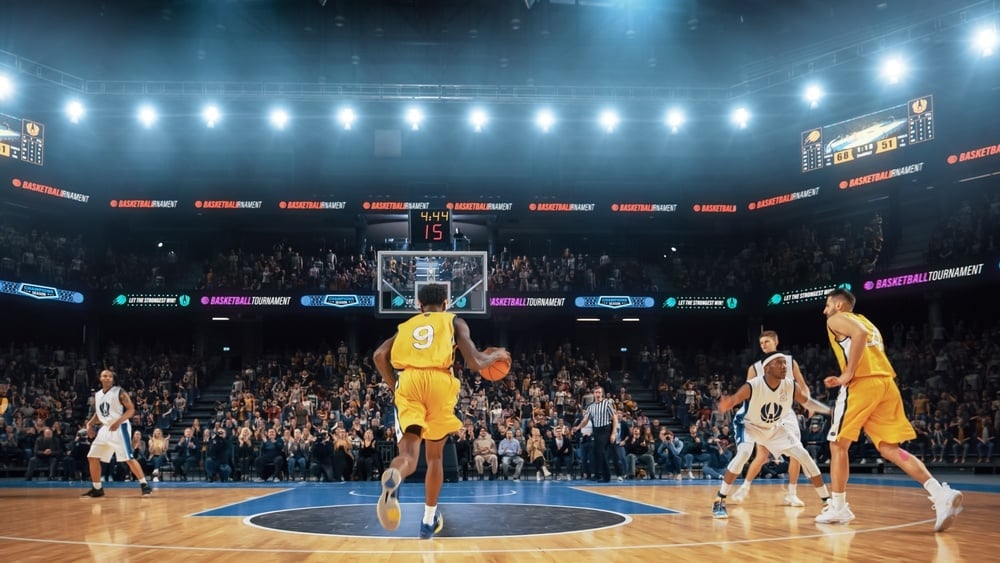
Image Credit: Gorodenkoff/Shutterstock
State-by-State Perspectives: U.S. Regulations on NCAA Prop Bets
As of late 2024, sports betting is lawful in 38 states, but rules regarding NCAA prop bets vary widely. Here’s the landscape:
**States Fully Allowing NCAA Prop Bets:**
- Arkansas
- Kansas
- Kentucky
- Michigan
- Montana
- Nevada
- New Mexico
- North Dakota
- North Carolina
- Wyoming
**States Permitting Prop Bets-But Not on In-State College Teams:**
- Connecticut
- Delaware
- Florida
- Illinois
- Indiana
- Iowa
- Nebraska
- New Hampshire
- Rhode Island
- Washington
- Wisconsin
**States with Complete Bans on College Player Prop Bets:**
- Arizona
- Colorado
- Louisiana
- Maine
- Maryland
- Massachusetts
- Mississippi
- New York
- Ohio
- Oregon
- Pennsylvania
- South Dakota
- Tennessee
- Vermont
- Virginia
- West Virginia
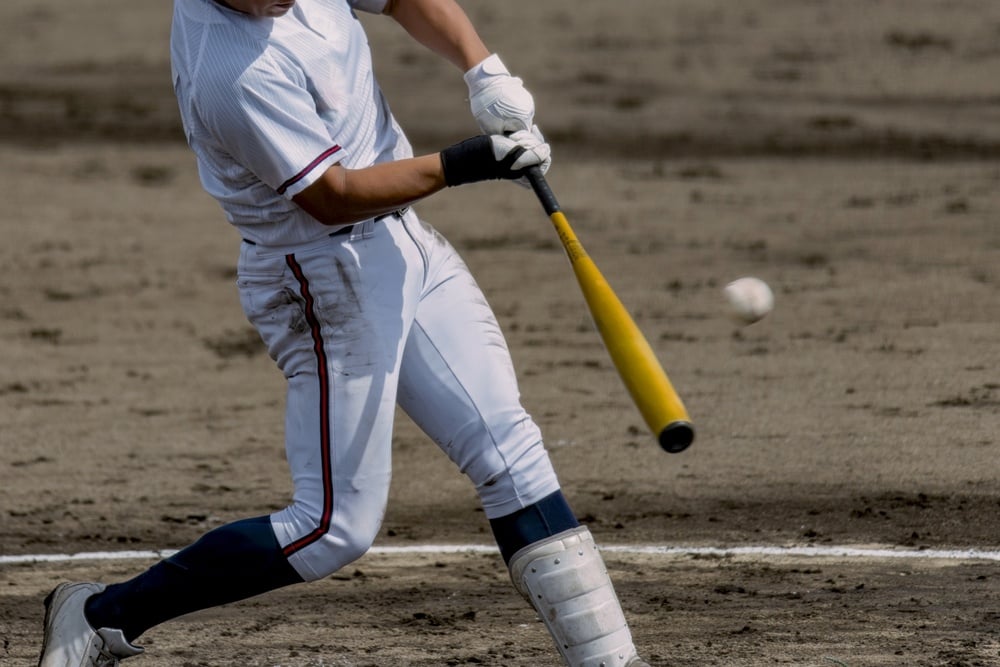
Image Credit: mTaira/Shutterstock
This patchwork of regulation means the national outlook on NCAA prop betting remains unsettled and subject to evolving legal challenges.
The Limits of Legislative Bans in Tackling the Core Problem
Would outlawing NCAA prop betting outright be effective in addressing the issues at play? Historical evidence suggests otherwise. Betting scandals existed well before legalization and are likely to persist regardless of regulatory action.
Determined bettors can still access prop markets via offshore sportsbooks, a scenario advocates of legal betting sought to eliminate. Keeping wagering activity within regulated markets is a key goal for both industry and government, aiming to minimize illicit gambling and retain tax revenues.
Financially, operators have skin in the game: a California analyst estimated that U.S. sportsbooks could lose around $200 million annually if all college prop bets were banned-a sizable chunk given the sector’s nearly $11.7 billion revenue in 2023.
Arguments Supporting and Opposing NCAA Prop Betting Restrictions
Supporters of a ban point to multiple cases where college players and referees have influenced outcomes for betting purposes, underscoring concerns over integrity. Many also emphasize the psychological cost for athletes, who sometimes endure public harassment-including direct threats via social media-when prop bet expectations go unmet.
Critics of NCAA prop bets argue that protecting student-athletes and restoring faith in collegiate sports are higher priorities than sustaining sportsbook revenues. The trauma inflicted on young athletes from aggressive bettors-many of whom are not implicated in wrongdoing-has fueled the push for reform.
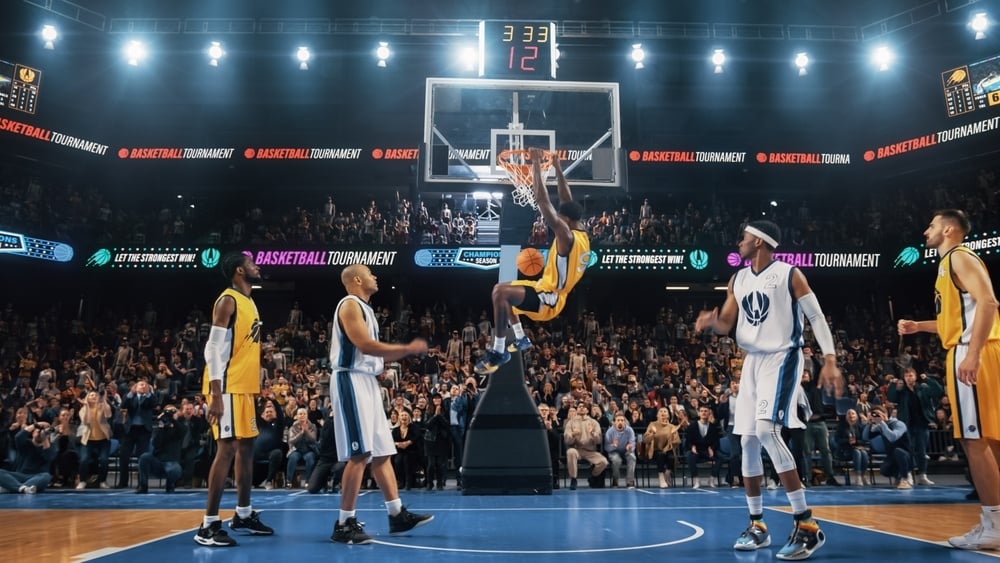
Image Credit: Gorodenkoff/Shutterstock
Looking Ahead: What’s Next for College Prop Betting?
Since early 2024, NCAA president Charlie Baker’s campaign to halt collegiate prop betting has led to more states enacting prohibitions, with a total of sixteen now banning such bets. However, the industry is far from consensus, with just ten states allowing full wagering freedom and another dozen imposing restrictions based on team location.
Sportsbooks aren’t expected to shut down from the loss of NCAA player prop action, as markets in restrictive states have remained robust. However, while a ban may help lessen some risks, scandals connected to sports gambling are unlikely to disappear entirely. The interplay between organized sports and betting is complex and enduring, with integrity a continual challenge.
Image Credit: Ringo Chiu/Shutterstock













